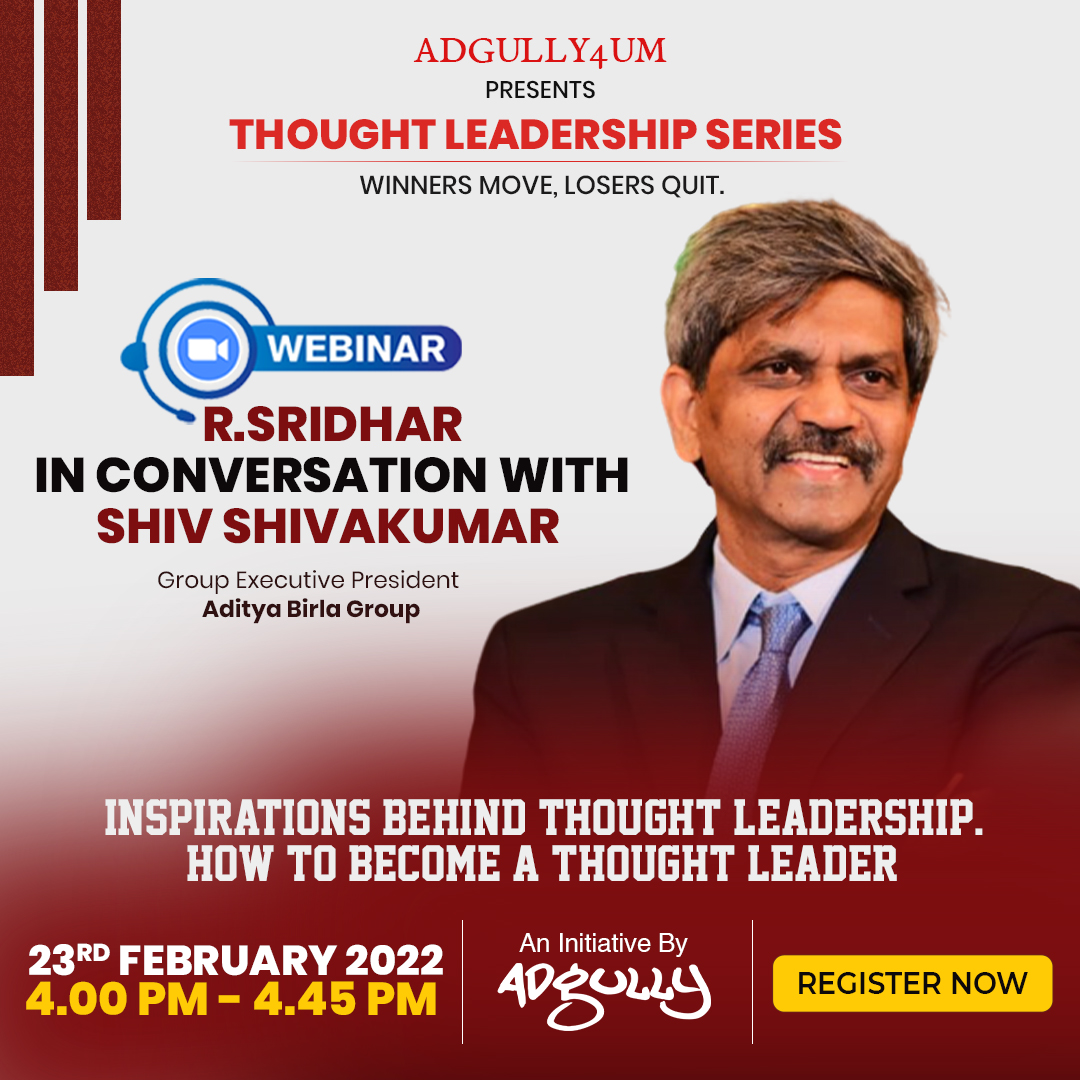Indians emerged as the most optimistic globally: Nielsen Study
Global consumer confidence fell three points in September to an Index of 90 as consumers' hopes for a full economic recovery this year fades in most parts of the world. Consumer Confidence Index levels above and below a baseline of 100 indicate degrees of optimism and pessimism. While positive sentiment drove confidence levels up in the first half of this year, consumer confidence declined in 20 of 53 global markets in the third quarter.
Nielsen's Global Consumer Confidence Index tracks consumer confidence, major concerns and spending intentions among more than 26,000 Internet users in 53 countries. In the latest round of the survey conducted between September 3 and September 21, 2010, consumer confidence in most markets showed continued spending restraint. More than half (56%) of global consumers believe they are currently in recession and 48 percent do not believe they will be out of a recession in the next 12 months.
"Indian consumers are confident about their economy and have shown similar confidence levels as the second quarter of 2010; however these levels have not increased like they did in the first two quarters of 2010. This indicates stabilization in the trend and also reflects the fact consumers are wary of the uncertainties that surround global economic conditions," said Justin Sargent, Managing Director ' Consumer, The Nielsen Company.
67 percent of Indians think that India is not under an economic recession. However, 33 percent Indians believe that the country is currently under an economic recession, a two percentage rise over Q2 2010. In Q3 2009 more than half the consumers surveyed believed that India was under an economic recession.
Out of those that think that the country is undergoing an economic recession, 53 percent believe that India will be out of recession in the next twelve months, the highest percentage for any country globally that thinks their country will be out of the economic recession in the next twelve months.
Compared to the last quarter, fewer Indians today believe that India will be out of recession in the next twelve months. This shift can be attributed to the economic conditions across the rest of the world that have made Indians doubt the chances of a full recovery in the coming year.
Asia Pacific was the world's most confident region reporting an Index of 98, followed closely by Middle East/Africa at 97 points. Nine of the top 10 most confident nations hailed from Asia Pacific countries: India (129 Index points), Thailand (117) and Australia and Indonesia (115), Philippines (114), Singapore (113), China (104) and Malaysia and Hong Kong (103).
At an overall level, Indians still emerge the most optimistic globally.
More than nine out of ten Indians (91%) are optimistic about their job prospects in the next twelve months. This is a percentage point lower than the last leg of the survey, but still India tops the list of countries who think that their job prospects are excellent or good in the next twelve months. 29 percent Indians consider their job prospects "excellent" and 62 percent consider it "good". Singapore (78%) and Thailand (77%) are the next most optimistic nations when job prospects in the next twelve months are considered.
The confidence in job prospects also translates into optimism on the financial front for Indians. More than eight in ten Indians (83%) are optimistic about their state of personal finances in the next twelve months, the highest percentage globally. Fourteen percent of Indians consider their state of personal finances "excellent" and 69 percent consider it "good" in the next twelve months. Indonesia (80%) and Denmark (77%) are the second and third most optimistic nations respectively in terms of the state of their personal finances in the next twelve months.
An optimistic outlook in terms of job prospects and personal finances gives Indians the confidence to spend. In Q3 2010 nearly six out of ten Indians (59%) are optimistic that it is a good time to buy the things that they want and need over the next twelve months.
"Indians appear to have loosened their purse strings compared to previous quarters. While some of this "propensity to purchase' can be attributed to the advent of the festive season, a combination of factors will lead to greater spending and more enthusiastic buying behavior as marketers tap into the confidence the Indian consumer seems to be exuding." said Sargent.
As always, Indians still love to put their discretionary income after meeting their essential living expenses into Savings. 65 percent Indians put their spare cash into savings; this percentage has gone up by 2 points in Q3 2010 compared to the previous quarter survey results. After saving, Indians like to invest their spare cash and nearly half the Indians (48%) invest in Shares of stock/ mutual funds. This has experienced a two percentage point rise compared to the previous quarter.
After saving and investing, New technology products are the next on the list of spare cash utilization for Indians. At 42 percent Indians top the list of countries globally who intend to put their spare cash into buying new technology products.
Nearly four in ten Indians (39%) utilize their spare cash to buy New clothes, 38 percent spend on Holidays/vacations, 37 percent on Home improvements/ decorating (this is the third highest percentage globally), 33 percent utilize spare cash to Pay off debts/ credit cards/ loans, and 29 percent spend on Out of home entertainment.
Indians are also prudent when it comes to saving for their Retirement, 29 percent would put their spare cash into a retirement fund, the highest for any country globally.
3 percent of Indians have no spare cash for spending on discretionary items.
"India has always had a high savings rate but what is interesting to note is that a buoyant equity market is leading to decisions regarding allocations towards riskier investment options and high-value spending such as new technology. Equally, while spending on leisure and lifestyle products, allocations towards debt repayment and retirement plans suggest a typical sense of a balance and conservatism that point to greater sustainability of momentum" continued Sargent.
A steady consumer confidence level does not mean that all is rosy for Indians. The ever Increasing food prices is the biggest concern for Indians over the next six months. At fifteen percent it has increased by two percentage points compared to the previous round of the survey. China tops the countries in its concern over increasing food prices with 36 percent of consumers in China voting it as the biggest concern over the next six months. India is fifth on the list of countries that consider food prices as the biggest concern over the next six months.
Work/ life balance (12%) and Job security (10%) follow at second and third spot as the biggest concern for Indians in the next six months. This is followed by Global warming (9% - 3rd highest globally), Children's education and/or welfare (8%), The Economy & Health (both 7%), Parents' welfare and happiness (6%), Increasing fuel prices (6%), and Terrorism & Increasing utility bills (electricity, gas, heating, etc) (both 5%) among others.
India tops the list of countries globally in its concern over increasing fuel prices, is fourth in its concern over terrorism and sixth globally when it comes to concern about parent's welfare & happiness.
"Inflation is usually a companion of heady growth and a cause for concern in rapidly expanding economies like India. Though this will remain an area of concern until prices cool down, the fact that concerns over terrorism and economic conditions have receded will continue to ensure that a general sense of optimism is not hindered." said Sargent.
Compared to this time last year seven out of ten Indians (70%) have changed their spending habits to save on household expenses. Some of the actions that Indians have adopted are, 58 percent Indians now spend less on new clothes to cut down expenses, 56 percent try to save on gas and electricity, 48 percent have cut down on telephone expenses, 43 percent have cut down on holidays/ short breaks, and 40 percent have cut down on out of home entertainment amongst others.
When economic conditions do improve the top five activities that Indians will continue to follow to cut down expenses are, try to save on gas and electricity (46%), cut down on telephone expenses (29%), spend less on new clothes (21%), look for better deals on home loans, insurance, credit cards, etc (20%), and use their cars less often (18%).









Share
Facebook
YouTube
Tweet
Twitter
LinkedIn